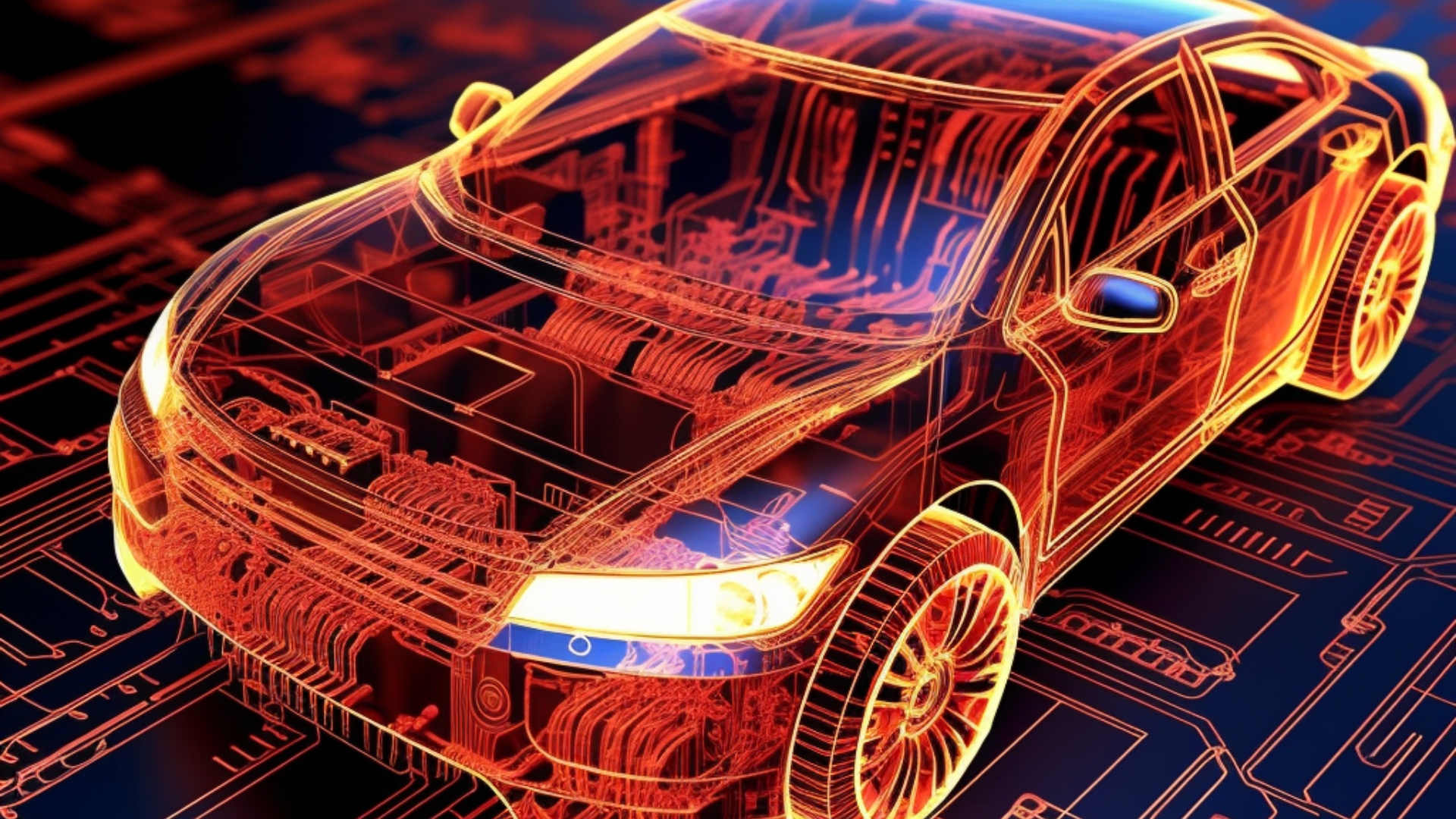Discover the potential of renewable energy technologies. Explore how they can lower energy costs, provide reliable power and make electric vehicle (EV) ownership more affordable.
Renewable energy technologies have many benefits that go beyond reducing carbon emissions. These technologies can help reduce energy costs, provide a reliable source of power, and make EV ownership more affordable.
One way they can do this is by taking advantage of overnight tariffs and storing energy in batteries. This allows people to buy energy at a cheaper rate and store it, buying at low-demand times. This can be used to power homes and heat water during peak hours when rates are higher.

This can result in significant savings on energy bills and provide a reliable source of power. Another benefit of these technologies is that they can make EV ownership more affordable. By charging an EV overnight at a cheaper rate, you can reduce the costs significantly. This can help make EV ownership more affordable.
Electric vehicle (EV) tariffs
Electric vehicle (EV) energy tariffs are specialised energy pricing plans for EV owners who charge their cars using home electricity. There are two main types of EV tariffs: two-rate and single-rate tariffs.
Two-rate tariffs offer cheaper electricity during nighttime off-peak hours. Two-rate tariffs are generally more cost-effective than standard variable tariffs and other open-market deals. Currently, there are no single-rate EV tariffs available.
You’ll need to directly contact the supplier for switching to an EV tariff, but new customers may need to switch to a regular tariff before moving to an EV tariff.
Ovo’s Charge Anytime, Octopus’ Intelligent Octopus and Octopus Go, and British Gas‘ Electric Driver have an average annual cost of from £2,696 to £3,034, depending on the specific tariff and customer type. Some EV tariffs only cover electricity, so you may need to separate and arrange a gas tariff. If your EV tariff is electricity-only, you can remain on a standard variable tariff for gas due to the energy market crisis.
British Gas has a cheap off-peak charge rate for everyone and their electric car tariff gives you electricity at just 9.4p per kWh, when you set it to charge between 12-5am every night.
If you have a non-smart charge point, you can manually plug in your EV during low-cost periods to charge it. Some EVs have a scheduling feature that allows you to set charging times during off-peak hours.
With a smart charge point, you can use an interface or app to schedule your EV charging. This can be based on off-peak times or when there’s high renewable energy availability on the grid. By signing up for an EV energy tariff, energy suppliers can remotely manage smart charging sessions through the charge point.
In the future, V2X (vehicle-to-everything) technology may allow EV batteries to export energy for use in homes and buildings, or to balance the electricity grid. However, this technology is not yet widely available.
Solar Panels
Installing solar panels can significantly reduce electricity bills by generating renewable energy from the sun from which you can charge your EV. It also allows homeowners to take advantage of the Feed-in Tariff scheme, earning money for surplus energy produced and exported to the grid.
While solar energy holds immense potential for the future, the current limitations hinder solar-powered electric vehicles (EVs). The primary obstacle is the limited surface area available on cars to accommodate a sufficient number of solar panels to capture a meaningful amount of energy from the sun.

Inefficiency and costs make it infeasible for car manufacturers to integrate solar panels at present. Charging an electric car solely with inbuilt solar panels would be slow. It would take approximately 90 hours of direct sunlight to fully charge a car with a 300-mile range.
However, some car manufacturers, like Fisker, are already incorporating solar energy into their vehicles, although on a limited scale.
Tesla and other charging companies operate solar charging facilities, where large-scale solar panels charge batteries used to power individual car batteries.
Currently, EVs are predominantly charged using non-solar-powered charge points at homes, workplaces, or public locations. However, incorporating solar and other renewable energy sources is expected to increase.
Power Wall benefits for homeowners
Power walls offer numerous benefits for homeowners, ranging from environmental advantages to financial savings. Incorporating a power wall system into your home can have a positive impact on both your carbon footprint and your energy bills.
Typically, households in the UK rely on energy sourced from the national grid, which predominantly relies on fossil fuels. By utilising a power wall, you can decrease your dependency on grid energy and shift towards renewable energy sources.
In terms of financial savings, power walls can help homeowners cut down on their energy expenses. By storing energy during off-peak hours, when electricity rates are lower, you can utilise that stored energy during peak hours when rates are typically higher.
This smart energy management approach reduces your reliance on the grid during costly periods, resulting in noticeable long-term savings. Additionally, some power walls are equipped with the capability to detect power outages, automatically switching to stored energy. This feature eliminates the need for a backup generator.
With stored energy readily available, you have the flexibility to use it when it is most needed. This aspect is particularly beneficial for homeowners with electric vehicles, as they can conveniently charge their cars using the stored energy. Moreover, if your home has solar panels installed, a power wall can optimise your solar energy usage by storing excess energy generated during the day for later use during nighttime hours. You can read more about Powerwalls in our blog.
Energy Monitoring Systems
Utilising energy monitoring systems allow homeowners to track their energy usage in real time, identify wasteful practices, and make adjustments to save money.
You can get all different types of home monitoring systems, including full home systems that connect to your meter box through smart plugs and plug through power meters. An energy monitoring system for a UK electric vehicle (EV) driver can significantly enhance their experience. Tracking and analysing energy usage, it enables drivers to optimise charging patterns, reduce costs, and make informed decisions.
The system empowers users to monitor their home’s energy consumption alongside EV charging, identifying peak demand periods and potential energy-saving opportunities. Real-time data visualisation and alerts allow for efficient management, ensuring the EV is charged during off-peak hours when electricity prices are lower.
Additionally, the system provides insights into overall energy efficiency, helping users identify potential areas for improvement, such as upgrading appliances or implementing energy-saving measures. Ultimately, it offers a comprehensive solution for EV drivers to maximise convenience, savings, and environmental sustainability.

Remember, it’s important to consider the initial costs, available incentives, and potential long-term savings when evaluating the feasibility of these technologies for your specific situation.
Grants
Financial support is available through the EV Chargepoint grant, funded by the Office for Zero Emission Vehicles (OZEV). This grant offers up to 75% funding towards the installation of electric vehicle smart charge points at residential properties throughout the UK.
The grant is open to homeowners residing in flats, as well as individuals living in rental accommodations (both flats and single-use properties) with dedicated off-street parking. To qualify for the grant, applicants must own, lease, or have usage rights for an eligible electric or plug-in hybrid vehicle. Each eligible vehicle and household are entitled to claim only one charge point under this scheme.
